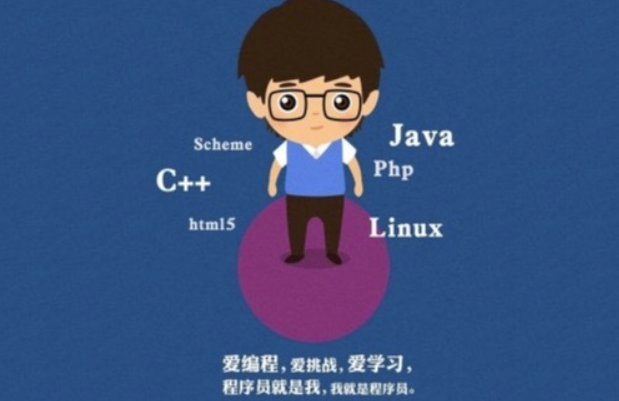LRU(Least Recently Used,最近最少使用)是一种常用的缓存淘汰策略。下面是一个手撕LRU缓存的示例实现:
#include <iostream>
#include <unordered_map>
#include <list>
using namespace std;
class LRUCache {
private:
int capacity;
unordered_map<int, pair<int, list<int>::iterator>> cache; // 存储键值对和对应迭代器
list<int> lruList; // 存储访问顺序
public:
LRUCache(int cap) {
capacity = cap;
}
int get(int key) {
if (cache.find(key) == cache.end()) { // 若key不存在于缓存中
return -1;
}
// 将该元素移到链表头部表示最新访问
lruList.erase(cache[key].second);
lruList.push_front(key);
cache[key].second = lruList.begin();
return cache[key].first; // 返回对应value值
}
void put(int key, int value) {
if (cache.find(key) != cache.end()) { // 若key已存在于缓存中,则更新value,并将其移到链表头部表示最新访问
lruList.erase(cache[key].second);
lruList.push_front(key);
cache[key] = make_pair(value, lruList.begin());
return;
}
if (cache.size() == capacity) { // 缓存已满,需要淘汰末尾的元素(即最久未使用)
int lastKey = lruList.back();
cache.erase(lastKey);
lruList.pop_back();
}
// 插入新元素到链表头部表示最新访问
lruList.push_front(key);
cache[key] = make_pair(value, lruList.begin());
}
};
int main() {
LRUCache cache(2); // 创建容量为2的LRU缓存
cache.put(1, 1);
cache.put(2, 2);
cout << cache.get(1) << endl; // 输出:1
cache.put(3, 3);
cout << cache.get(2) << endl; // 输出:-1,因为key=2被淘汰了
cache.put(4, 4);
cout << cache.get(1) << endl; // 输出:-1,因为key=1被淘汰了
cout << cache.get(3) << endl; // 输出:3
cout << cache.get(4) << endl; // 输出:4
return 0;
}
以上示例实现了一个LRU缓存,使用unordered_map来快速查找键值对,并用list来维护访问顺序。get操作会将访问的元素移到链表头部,put操作则会在缓存满时淘汰末尾的元素。
内容由零声教学AI助手提供,问题来源于学员提问


 &1 请帮我分析有什么问题,这是在操作shar..." />
&1 请帮我分析有什么问题,这是在操作shar..." />















